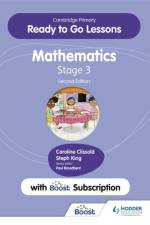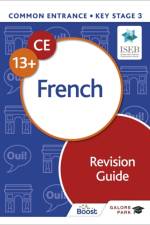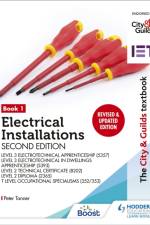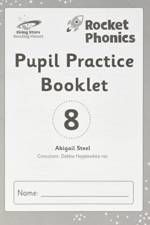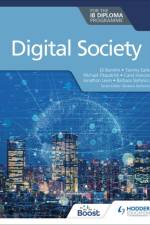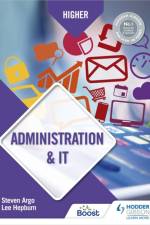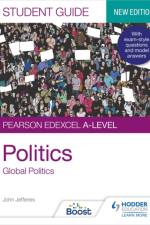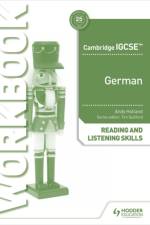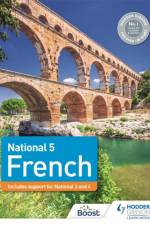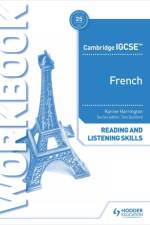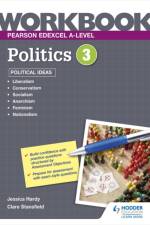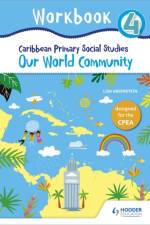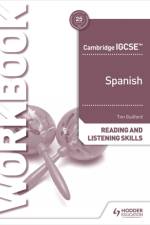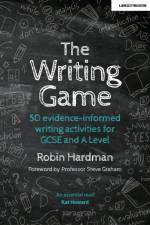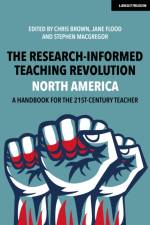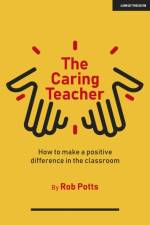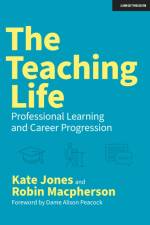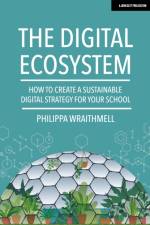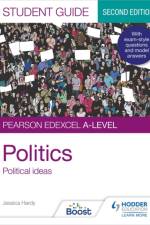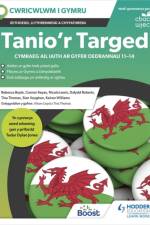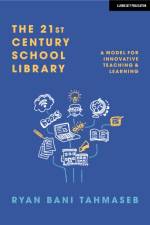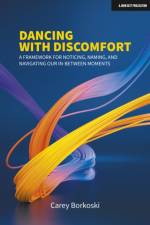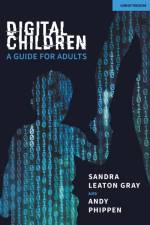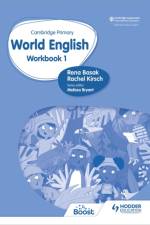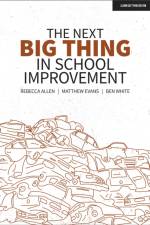av Carey Borkoski
261
Transitions are universal. They include the important and familiar milestones of starting kindergarten, graduating from high school or college, and becoming employed, parents, or retirees. These transitional moments, however, also include unexpected or unanticipated events like losing a job, joining a running club, or experiencing a global pandemic. In each of these moments, individuals, groups, and organizations experience the anxiety, self-doubt, worry, and uncertainty associated with these novel experiences. Our natural response to these moments is to avoid, side-step, or hurry through until this moment of transition is over. The problem with these strategies is that while we are trying to shut out the unpleasant feelings of those moments, we also miss all the possibilities and discovery.What if we invested time, training, and space to learn, experiment with and strengthen our ability to wrestle with and successfully navigate these moments of transition? Whether a significant transition like moving into a new school or just shifting from one project to the next, we need to build strategies and techniques to leverage and learn from the discomfort that individuals experience during these moments.This book offers names and faces for our feelings, thoughts, and reactions in our transitions. It is based on sound research and data collected by the author and other researchers but is also based on the author's experiences, mistakes, reflection, and learning from doing the work in different contexts. It includes a framework to learn to stay in these transitions, embrace dissonance, and leverage these moments of discovery. Whether you want to introduce this transitions framework and strategies in a classroom, boardroom, or your own life, this book is for you and your organization to start the intentional work to create spaces, and time to name, feel, explore, reflect on, and move through the myriad transitions occurring during our personal and professional journeys.

